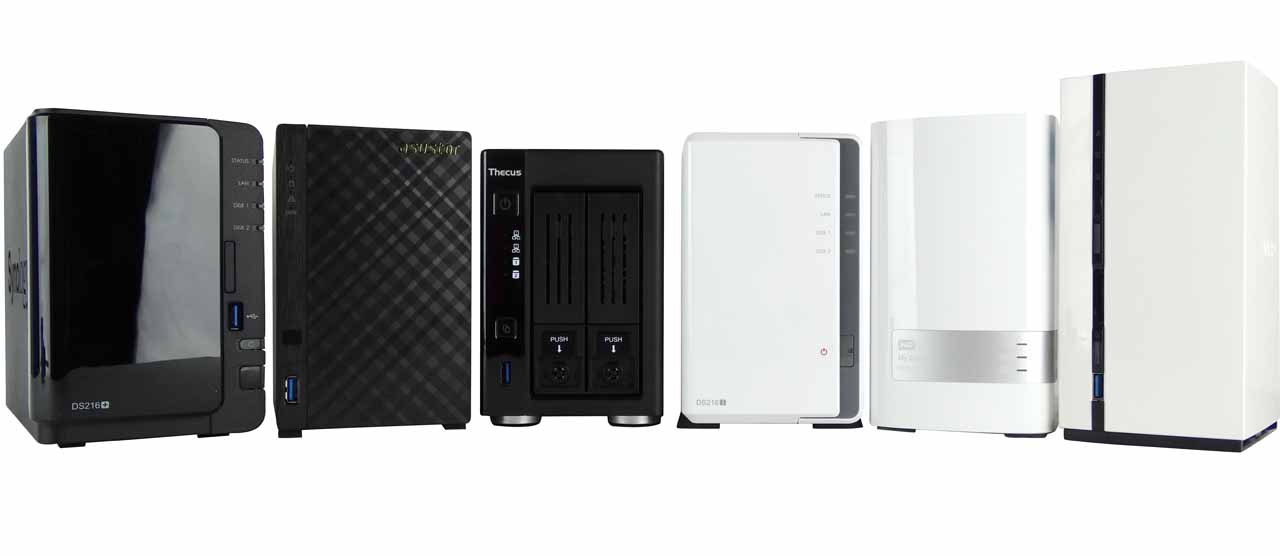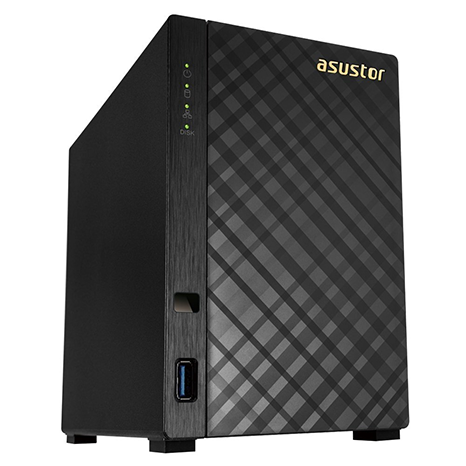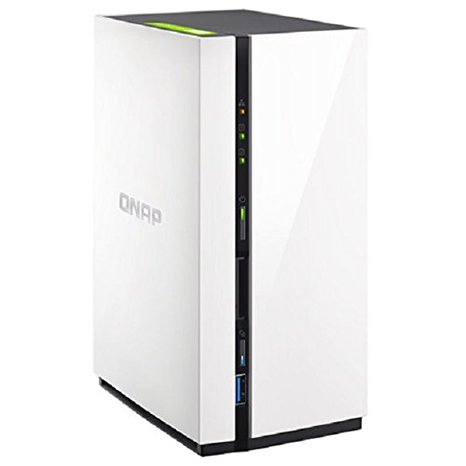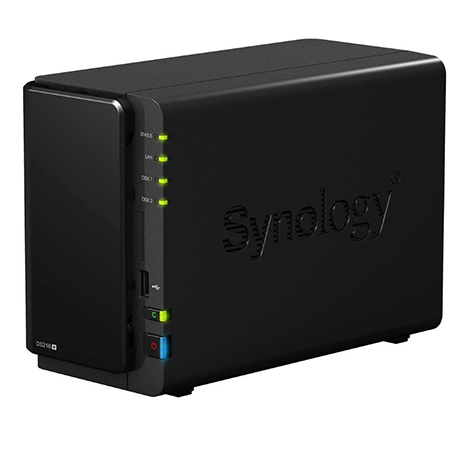6-Way 2-Bay NAS Round Up
We test the hottest new 2-Bay NAS to compare features and performance. These entry-level products allow you to access your data from around the world and secure your data with redundant disks.
Introduction
Why you can trust Tom's Hardware
Two-Bay Network-Attached Storage (NAS) appliances offer excellent value for storing your data in a secure, central location. The smaller systems offer many of the same features as the larger NAS products, but at a much lower price point. In many cases, the smaller systems improve upon the setup procedures, thus making the initial process easier for less tech-savvy users.
Users with more technical experience will find great value in some of the products we're testing today. The systems in our roundup fall under two categories; feature-rich or simple to use. None of the products is overly complicated, though, and you shouldn't overlook some of the most feature-rich models if you lack technical experience. Network-attached storage is an excellent way to learn a new discipline, gain experience and enjoy the advanced features.
All six systems in the roundup perform well at basic tasks. You can transfer files to and from the systems over a network at acceptable speeds. You can store the data in a redundant (i.e. safe) RAID 1 array, and even use the systems as a small application server. You may be surprised to learn that basic features now include the ability to access your data from anywhere in the world, even on a non-PC.
Advanced features found on some of the products include built-in antivirus, folder encryption, iSCSI support over the network and an HDMI port for direct video output to a display device, such as a TV.
Specifications
The Western Digital My Cloud Mirror is slightly different from the other products in the roundup because it is the only model that ships with hard disk drives installed. The other products ship diskless from the factory, but some resellers will build your NAS with hard disk drives before shipping the package to you. Third parties create the bundle packages, so we will not cover the bundle pricing or value-add services that some resellers offer.
We can divide the six systems into two categories based on processing power. The two key players here are Intel and ARM. The Intel-based systems typically offer more features, more processing power and also demand a higher price. The ARM-based systems support basic NAS features and often ship with less system memory. They do have an attractive cost advantage for users that are just looking for core features.
We laid out many of the key specifications in the chart above, and each system provides its own mix of features. Only some of the systems will support an HDMI output to use the system as a media center, for instance. Folder encryption and iSCSI support also vary.
Pricing, Warranty And Accessories
All six of the value-centric systems fall between $200 and $300, and the Western Digital (WD) My Cloud is the only system that ships with hard disk drives. The WD offerings retail from $299 (4TB model with 2x 2TB HDDs) to $699 (16TB model with 2x 8TB HDDs), and there are several price points in between to account for different capacities.
Five of the six systems ship with a standard 2-year warranty. The Asustor AS3102T is the sole exception with a 3-year warranty. Asustor is one of the newest NAS manufacturers, and it is part of Asus (yes, the motherboard company).
Each of the systems ship with an external power supply, an Ethernet cable and minimal documentation. Full manuals are available online for download.
The QNAP TAS-268 ships with a mini QWERTY keyboard / remote control in the package and Asustor sells an optional remote control. All of the systems that include an HDMI video output have software-based remote control options available for Android and iOS.
The ever-growing software and feature list is actually the ultimate accessory package for all of the products. Asustor, QNAP and Thecus release at least one new feature or software package each month. Synology and Western Digital bring new features at a slower pace, but the companies still have a solid foundation of industry-standard features.
MORE: Best SSDs
MORE: How We Test HDDs And SSDs
MORE: All Storage Content
Get Tom's Hardware's best news and in-depth reviews, straight to your inbox.

Chris Ramseyer was a senior contributing editor for Tom's Hardware. He tested and reviewed consumer storage.



